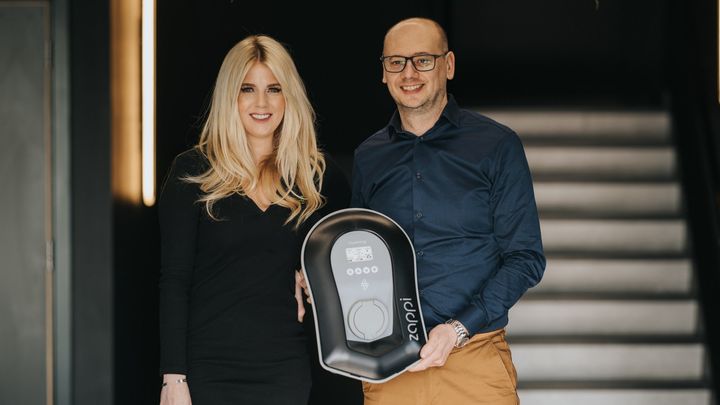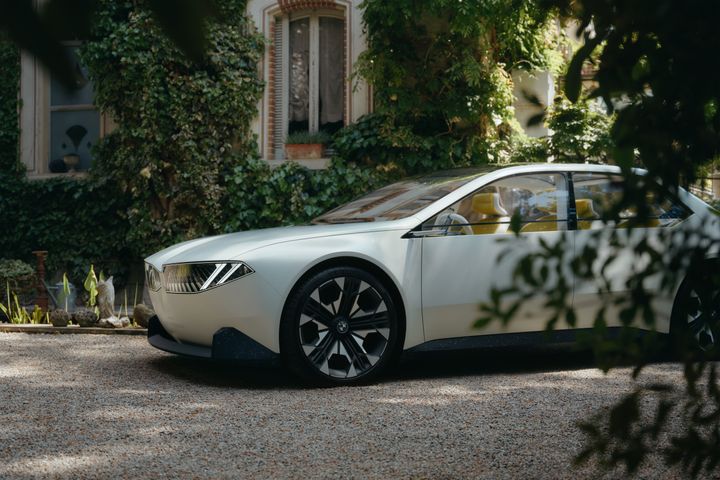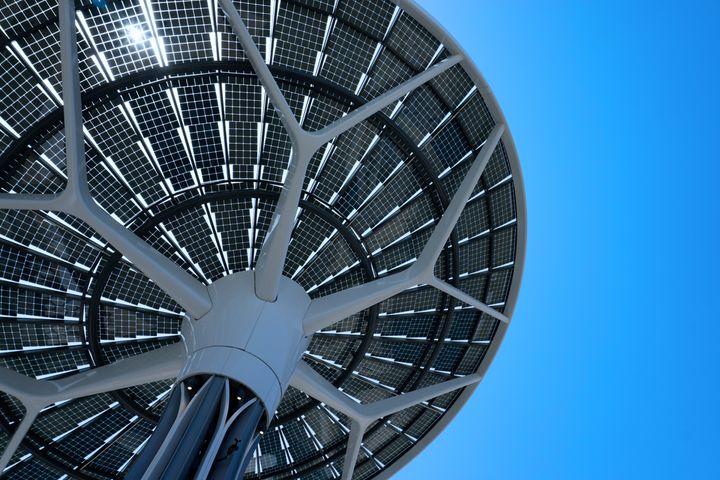CCUS ZEN Announces Ambitious Plans to Accelerate Carbon Capture in Europe
The CCUS ZEN (Carbon Capture, Utilisation and Storage Zero Emission Network) has declared its intention to expedite the implementation of CCUS technology in Europe by pinpointing two appropriate industrial clusters where it can be deployed.
The organisation plans to initially identify four clusters that show potential in the Mediterranean and Baltic areas, and subsequently choose one cluster from each region to undergo a pre-FEED study.
According to the Project Coordinator, Eirik Falck da Silva, they will conduct a thorough analysis of the origins of emissions by carrying out a detailed mapping process.
“Some of the harbours might stand out as ideal clusters, drawing on, for instance, the example of the Port of Rotterdam,” he added.
Earlier this month, the partners of CCUS ZEN gathered in Copenhagen to participate in a cluster building workshop with the purpose of enhancing their plans for the project. The aim of advancing these plans is to generate commercial interest and encourage governments to expedite the development process. Technip Energies, one of the industry partners, will assist in devising plans for the Mediterranean, while Ramboll, a Danish company, will focus on the Baltic cluster.
The CCUS ZEN initiative aims to create a set of suggestions on how to construct clusters by gathering insights from previous projects. While acknowledging that CCS is not inexpensive, Eirik Falck da Silva believes that it may be the most cost-effective approach to lower emissions from facilities such as waste-to-energy or cement plants, as CCUS becomes more economically viable.
More government or EU incentives may be necessary to promote the use of CCS/CCUS. Furthermore, as carbon taxes continue to be established, the anticipated increase in carbon costs may result in the rapid adoption of CCUS.
Eirik Falck da Silva that further measures should be taken to motivate the proper separation and storage of waste emissions, instead of just releasing them into the environment. He also highlights the need for advancements in CCS/CCUS technologies and legal frameworks pertaining to CO2 storage.
As we continue to face the threat of global warming, it is crucial that we prioritise the development and implementation of innovative solutions such as CCUS technology. The commitment of CCUS ZEN to this cause serves as an inspiration to others to take similar steps towards achieving a more sustainable future for all.




 Industry Inscript is a subsidiary of Valiant and Company Ltd.
Industry Inscript is a subsidiary of Valiant and Company Ltd.
Comments ()